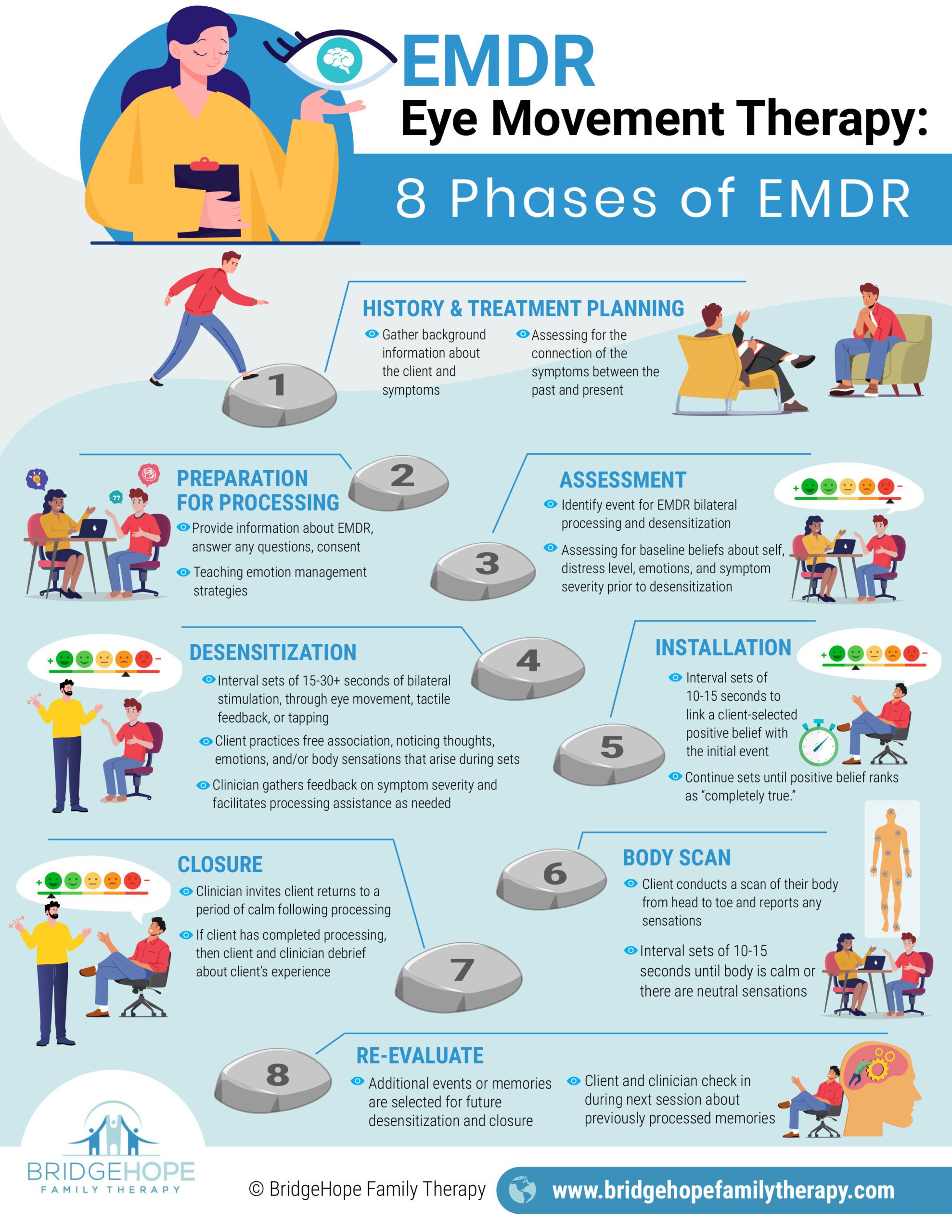Job Causing Stress and Anxiety
When it comes to work, many men feel like the weight of the entire solar system rests on their shoulders. Or, like “juggling flaming chainsaws while riding a unicycle on the highway.” Okay, that last description is pretty crazy, but you get the point. Work and all the responsibilities that come with it can be very intense. The pressure that this intensity brings may mess up your emotional balance and amp your stress and anxiety levels. If you understand what I have just described a little too well, it may be time to consider therapy. Your mind’s probably, at this exact moment, saying something like, “Therapy is for people with serious problems.” Well, struggling at work and dealing with anxiety ARE real problems and mens therapy can help.
The Extent of Job Stress and Anxiety for Men
Men’s mental health at work is a big deal. 83% of workers in the United States suffer from work-related stress, according to OSHA (Occupational Safety and Health Administration). That’d mean at least 8 out of 10 people, right? Unfortunately, it’s mostly the women in that group who seek help. While some men may attend therapy, many do not, lining up with societal stereotypes regarding masculinity. Whether you attend therapy or not to deal with your stress is your choices; however, mens therapy can be helpful.
Science suggests that some stress is helpful for our bodies. Without it, we would have a hard time growing and adapting to our environment. It would also be difficult to build or enhance our muscles without physical stress. Workplace-related stress doesn’t get flagged as often because of trivializing the term ‘stress.’ Stress, in its ordinary sense, is alright. But what regular men (non-psychologists) usually describe as stress is anxiety. Mental stress, such as workplace stress matters just as much as stress in other areas of your life. So when does the stress from your job become a problem?
Well, it depends on the person and their coping strategies. Many people use a variety of coping strategies, including active strategies – like facing the challenge head on – or passive strategies such as working more/ignoring, distracting/like increased screen time, or avoiding the issue. Stress can turn into anxiety when the stress begins to create impairment, not only in work settings, but also in social, recreational, or personal areas. Not only can it sap your productivity, but it can also open the door s as big a deal as anything.
Anxiety can also affect your physical health, too. Insomnia, headaches, and a recurrent pounding heart are some of the physical symptoms of anxiety at work. Gabor Mate has an excellent book, When the Body Says No, that discusses how personality traits as well as behaviors can create stress that evolve into different physical health conditions.
What does workplace anxiety feel like
For clarity purposes, these are the symptoms of workplace anxiety:
- Thinking of work makes you uncomfortable
- Sunday scaries – dreading or having apprehension about work on Monday
- Apprehension in talking with difficult coworkers
- Deflated motivation
- Experiencing imposter syndrome
- Drop in focus levels
- Repeated procrastination
- Happy at night, moody in the morning
Do these sound familiar? Odds are you’ve brushed these aside as “regular stress.” The truth is these are not regular stress symptoms if they happen regularly.
Once you’ve honestly assessed just how regular these symptoms are, you might conclude that a professional’s help isn’t a terrible idea.
Better yet, many companies have therapy benefits available, through Employee Assistance Programs or company benefits. Therapy benefits may mean meeting with a professional for a set number of sessions, or talking with a help line and getting referrals to local resources. To gain the Employee Assistance benefit, employees can talk with their human resources representative and access the benefits available.
How mens therapy can help with workplace challenges
Does therapy make any difference to how you handle workplace challenges and anxiety? Yes.
During therapy, you’ll guided on how to improve stress management, communicate better, reduce anxiety, and better balance the requirements of life and work. Let’s break that down.
Stress management
Learn techniques to handle stress like a pro. Yes, it’s possible — no, it’s not just the tips you find on Google.
Your therapist can teach you mindfulness techniques, breathing exercises, and other stress-busting strategies in depth. You’ll learn to identify stress triggers and patterns, and develop resistance to certain stressful situations.
Improved Communication
Boost your ability to express yourself clearly and assertively — especially for one-on-ones at work. This will also help you have better relationships with coworkers and more effective leadership skills.
Work-Life Balance
Discover how to set boundaries and prioritize your time. No more missing your kid’s baseball game because you’re stuck at the office trying to figure out why the printer is smoking.
Anxiety Reduction
Develop tools to manage anxiety, whether it’s about public speaking, job security, or that weekly status meeting with your boss.
Career Guidance
Get an objective perspective on your career path. A therapist can help you align your work with your values and long-term goals. If your career is the actual source of your stress, your therapist may be the only person equipped to notice and point it out.
Finding a quality therapist
Good men’s therapists don’t put pressure on you to talk or perform. Rather, they will create a space where you can process through work–or life–challenges and identify solutions. Mens therapists understand that improving your performance and emotional balance, as a man, is what you’re gunning for, and so all activities are geared towards that. With a good men’s therapist, you can expect:
- A judgment-free zone
- Practical exercises (a gym for your mind)
- Goal-setting
- Take home tasks
If it wasn’t already obvious, your success in therapy depends on your therapist, so finding the right one is significant.
Quick tips for finding the right therapist for you
- Look for men’s therapists specifically. You want to be sure they understand issues relating to masculinity and that their recommendations match your expectations as a man.
- Check that they’re licensed
- See if they offer online therapy (just in case wading through traffic to attend therapy is not something you want)
- Trust your gut. It led you here. It can lead you even further.
Men’s mental health therapist near me
As a man, emotional fitness matters even more than physical fitness. Without strengthening these emotional muscles, it’s easy to constantly be overwhelmed by mental health issues like anxiety, depression, and trauma.
To put up a proper fight, you’ve got to feed your emotions with ideas and strategies that build resilience. Sometimes, that information finds its way to you (after a long time), but other times, you’ve got to go after it.
Therapy is filled with these ideas. From judgment-free analysis to research-backed methods, therapists know how to unlock your total emotional and psychological strengths.
Whether you’re in Texas, Virginia, or Utah, if you’d like to try men’s therapy, contact me for a free consultation. A much more confident you is on the rise.
Therapy may be the last door you need to open for the upgraded you to emerge. What do you say?




